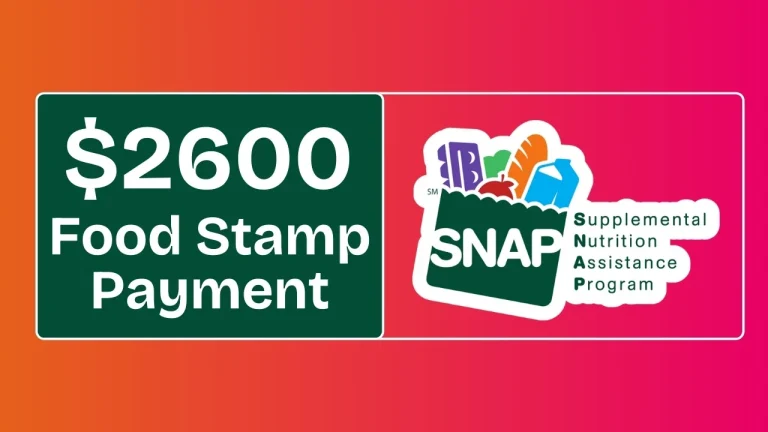Supplemental Security Income (SSI) is a critical program for approximately 7.5 million individuals who rely on it for financial support. These benefits are typically distributed by the Social Security Administration (SSA) on the first of each month; however, there are instances in which this policy is altered. This will be one of those rare circumstances, as the payment date falls on a weekend in September.
SSI payments are typically disbursed on the first of each month; however, if the first of the month falls on a holiday or weekend, the SSA delays the payment to the previous business day to ensure that recipients receive their funds promptly and do not incur penalties for late delivery, particularly the most vulnerable recipients. This modification has transpired on two separate occasions this year, specifically in January and June. This will also occur in September, as the first day of the month falls on a Sunday. This implies that SSI recipients can anticipate receiving their September payment on Friday, August 30.
The SSA advises that beneficiaries should wait three business days before contacting their bank if their anticipated payment is delayed. This waiting period allows for the resolution of any potential operational delays. If the check has not been received after this period, the subsequent action is to visit the nearest Social Security office to resolve any issues and obtain additional information.
What is the maximum amount of Supplemental Security Income (SSI) that an individual may receive from the Social Security Administration?
In 2024, the maximum monthly benefit that an individual can receive from SSI is $943. Nevertheless, couples who are enlisted in the program are eligible for a higher monthly payment of up to $1,415. Families with children and carers may also receive benefits, with each family receiving a distinct amount according to their requirements. The precise sum that a recipient receives may fluctuate depending on their circumstances and the source of their additional funds. The Social Security Administration (SSA) reduces the SSI payment by $1 for every $2 earned through employment. This is one of the circumstances that has the potential to alter the payment. “Work” encompasses a variety of methods by which individuals generate income, including employment, self-employment, and any other source of income.
The quantity of SSI you receive can be influenced by a variety of sources of income, not just income from work. Pensions, unemployment checks, and disability compensation are among the examples. The Social Security Administration (SSA) deducts $1 from an individual’s SSI payment for each $1 they receive from these non-work-related sources. Individuals who receive SSI and also generate additional income from employment or other sources may experience a reduction in their monthly payments. They may need to more carefully arrange their spending around their payouts in order to make ends meet.
Despite the potential for deductions, SSI remains a significant source of income for numerous individuals, making up a significant portion of their monthly income. Consequently, beneficiaries must be informed of any modifications to payment dates in order to determine the anticipated date of receipt. Receivers are able to more effectively manage their finances and prevent issues with their financial plans by being informed of these changes.
SSI is intended for individuals with limited financial resources and income ($2,000 or less per individual, $3,000 or less per couple). Consequently, recipients may develop an excessive dependence on the program. If there is an issue with the funds, it may be exceedingly challenging for them to maintain their financial stability. This is why it is crucial for individuals who receive compensation from the program to be aware of the program’s rules and conditions in order to more effectively claim their benefits.



